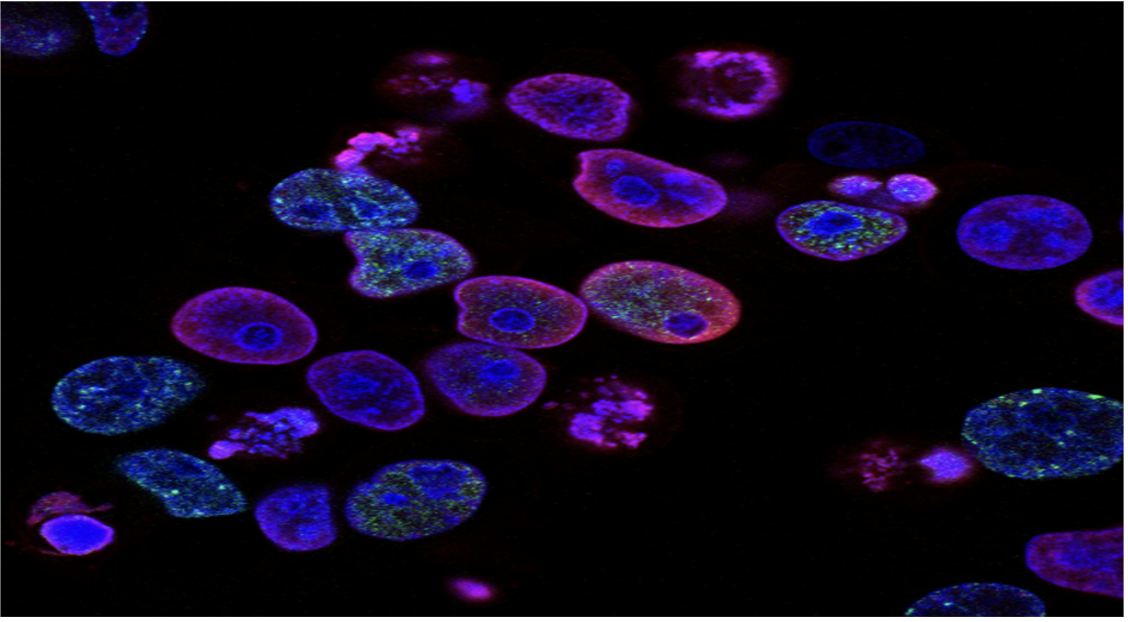Potential Breakthrough in Metastatic Prostate Cancer Treatment Emerges

Summary
Full Article
Researchers are exploring a promising new approach to treating advanced prostate cancer through a collaborative Phase 2 clinical trial that could provide hope for patients with metastatic castrate-resistant prostate cancer (mCRPC).
The study, funded by Bayer and the Ramsay Hospital Foundation, will investigate the potential of combining RedHill's experimental drug opaganib with Bayer's darolutamide to overcome treatment resistance. With prostate cancer prevalence expected to double to 2.9 million cases annually by 2040, this research addresses a critical unmet medical need.
Approximately 20% of prostate cancer patients do not respond to current androgen receptor signaling inhibitor therapies or develop resistance, leaving them with minimal treatment options. The current five-year relative survival rate for stage 4 prostate cancer is only 28%, underscoring the urgency for innovative therapeutic approaches.
The proposed combination therapy aims to enhance treatment efficacy by targeting cancer cells' ability to block programmed cell death. Opaganib, a novel sphingosine kinase-2 inhibitor, could potentially boost the effectiveness of darolutamide by inducing metabolic stress in tumor cells.
The placebo-controlled, randomized Phase 2 trial will enroll 80 patients and assess improvement in radiographic progression-free survival. A unique companion lipid biomarker test called PCPro will help identify patients most likely to benefit from the treatment.
If successful, this study could represent a significant advancement in managing advanced, treatment-resistant prostate cancer, potentially offering improved outcomes for hundreds of thousands of patients worldwide who currently face limited therapeutic options.

This story is based on an article that was registered on the blockchain. The original source content used for this article is located at News Direct
Article Control ID: 36173